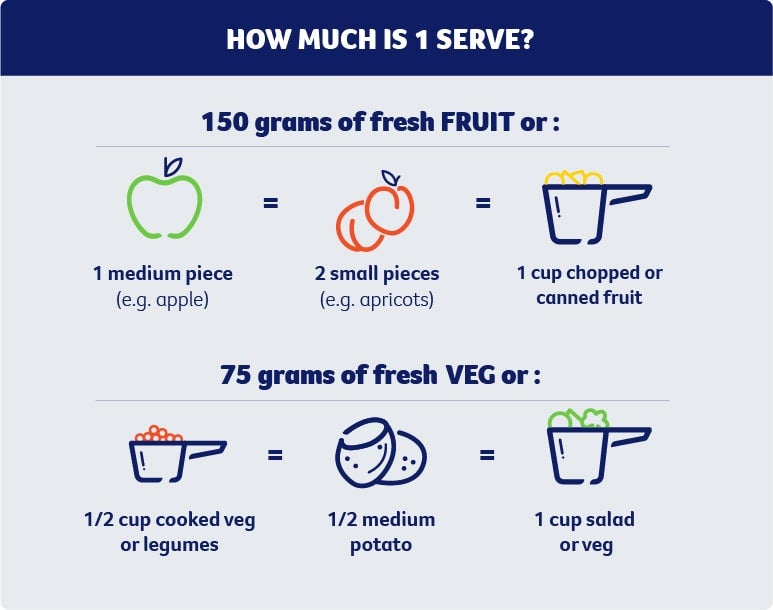Welcome to Your Breast Health Blog!
This blog is your resource for understanding breast health, addressing common concerns, and staying informed about the latest research in breast care.
In general, eating a healthy, balanced diet reduces your risk of developing cancer, while a poor diet increases your cancer risk. Cancers associated with diet are most commonly found in the digestive tract, including the oesophagus, stomach and bowel.
Improving your diet can be as simple as trying to eat more:
While at the same time you can try to eat less:
Diet can also influence body weight, which in turn can affect your risk of developing cancer. It is important to balance the amount of energy (kilojoules or calories) you take in with the amount of energy you expend each day.
You can lower your risk of cancer by enjoying a healthy diet, being physically active every day and maintaining a healthy body weight. Studies show being overweight, physically inactive and not eating well increases your risk of developing cancer.
Healthy eating is a first step in reducing your cancer risk. Poor eating habits increase your risk of cancer at many sites in the body. Poor eating habits can also contribute to weight gain, and being overweight or obese increases your risk of cancer. The good news is that a healthy diet, combined with regular physical activity and a healthy body weight can reduce cancer risk.
While there is no one food that can protect against cancer, there are steps you can take to lower your overall risk. A healthy diet may protect against cancers including cancer of the bowel, liver, oesophagus (food pipe), lung and stomach.
Eat at least two serves of fruit and five serves of vegetables each day.

If you enjoy a wide variety of nutritious foods you will get the nutrients you need, reduce your cancer risk and be less likely to be overweight or obese. For most healthy people, vitamin and mineral supplements are not necessary when they eat well.
Remember, if you have any concerns or questions, please contact your doctor.
This blog is your resource for understanding breast health, addressing common concerns, and staying informed about the latest research in breast care.
Preventative health is for everyone – what should you be doing? Prevention is better than cure and starts at any age. Take a risk quiz


What the screening test results mean for you

Around 14,000 new cases of bowel cancer are diagnosed each year in Australia.
The chance of a woman up to age 85 developing breast cancer is one in eight.
Our quizzes help to determine your risk of disease and will remind you of essential check-ups (if you should need one).
At the end of the quiz you will be presented with a recommendation based on your answers.

We work with


Disclaimer
Doctors.com.au does not warrant or hold any responsibility for this fact sheet. Fact sheets are provided to doctors.com.au from relevant third party partners and companies.
Doctors.com.au will not be held responsible or liable for any errors or omissions that may be found in any of the information on this fact sheet, and you are encouraged to consult other sources to confirm the information, and in the event that medical treatment is required, to take professional expert advice from a legally qualified and appropriately experienced medical practitioner.
 Need a doctor now? Speak to a GP in minutes via phone or video consult.
Need a doctor now? Speak to a GP in minutes via phone or video consult.